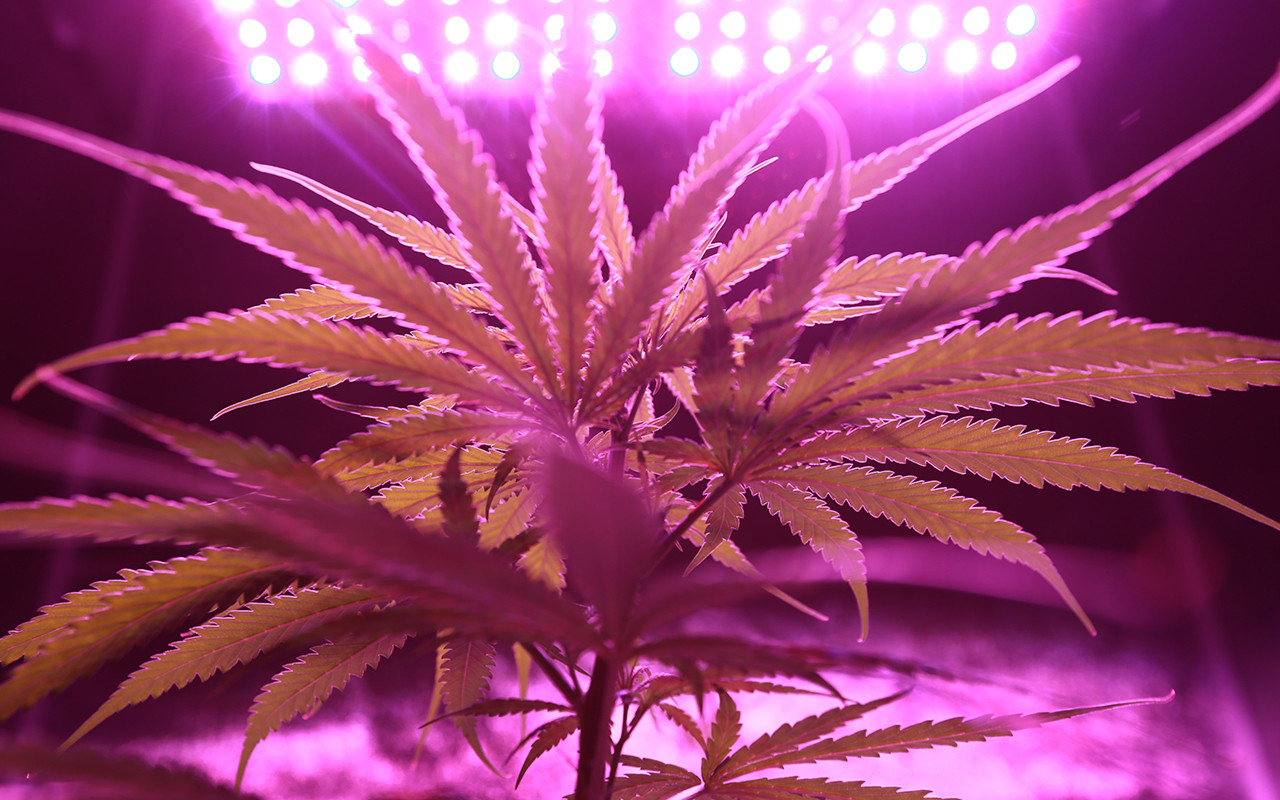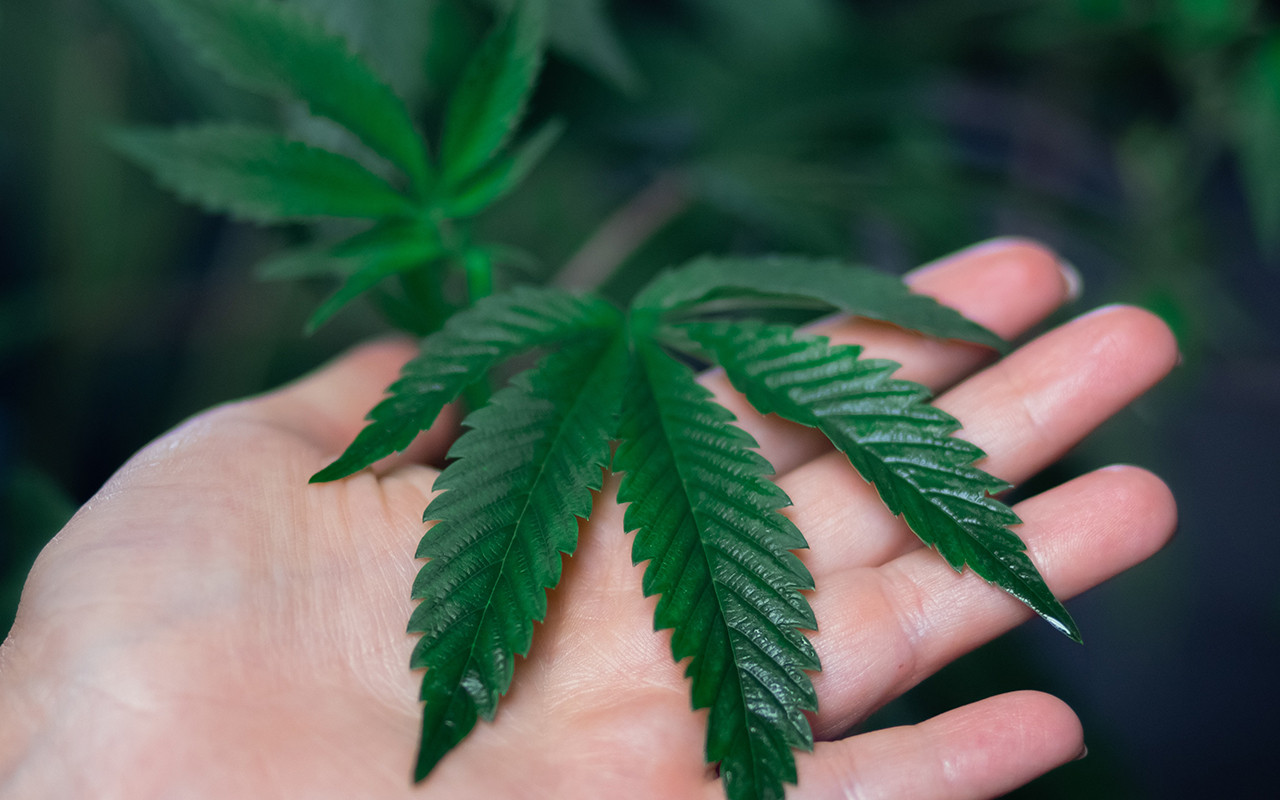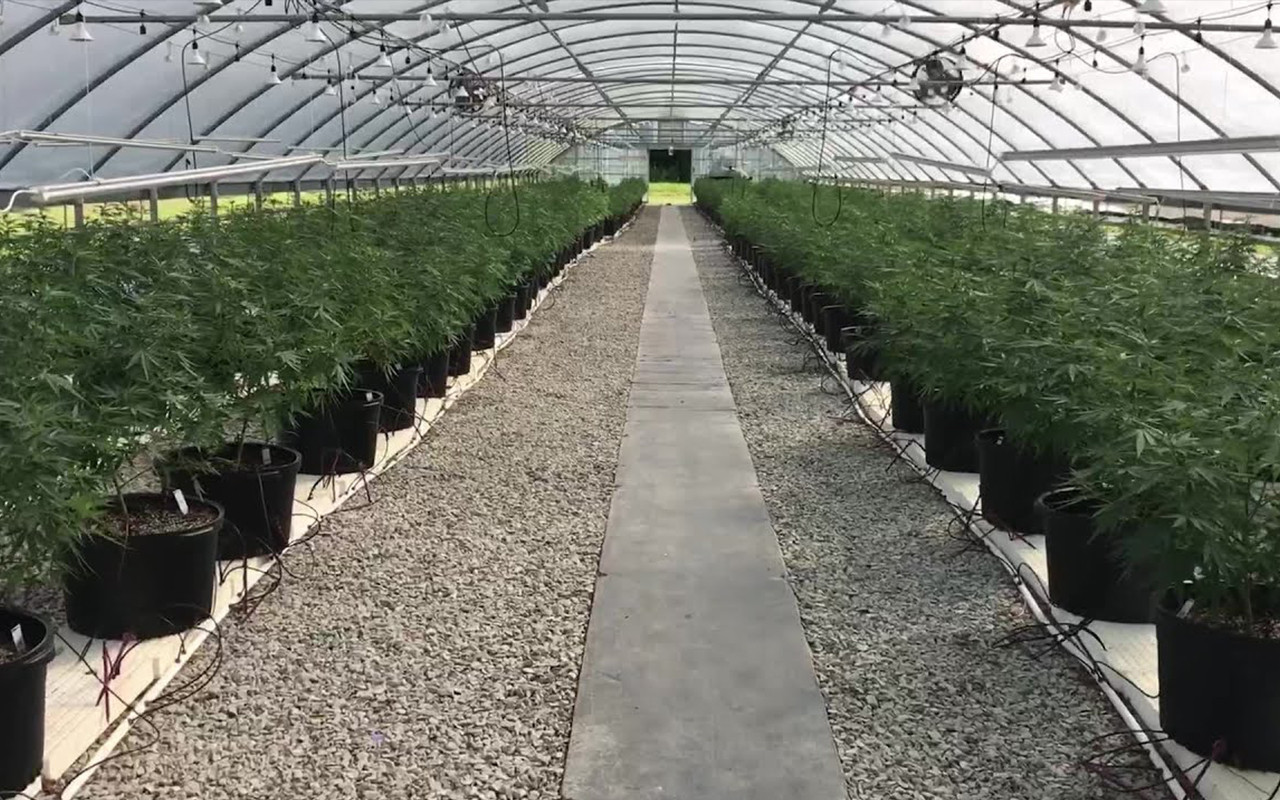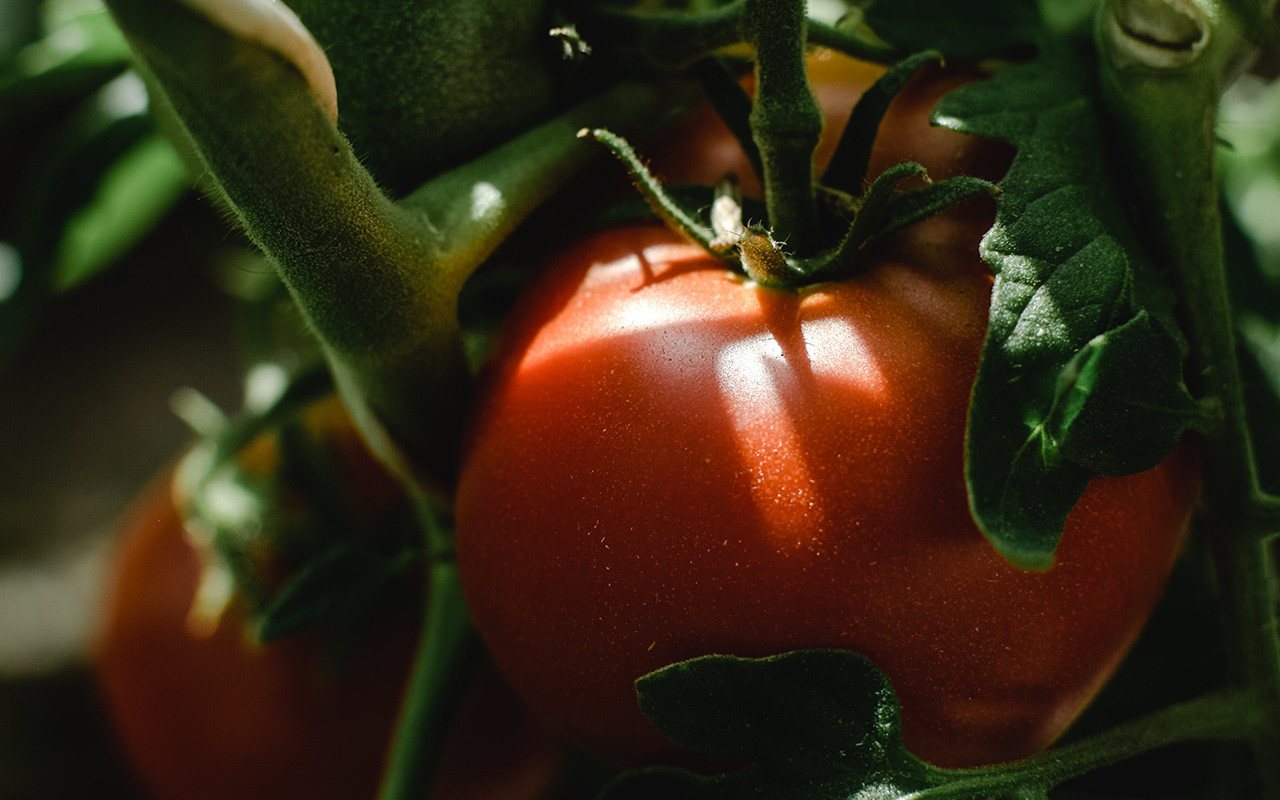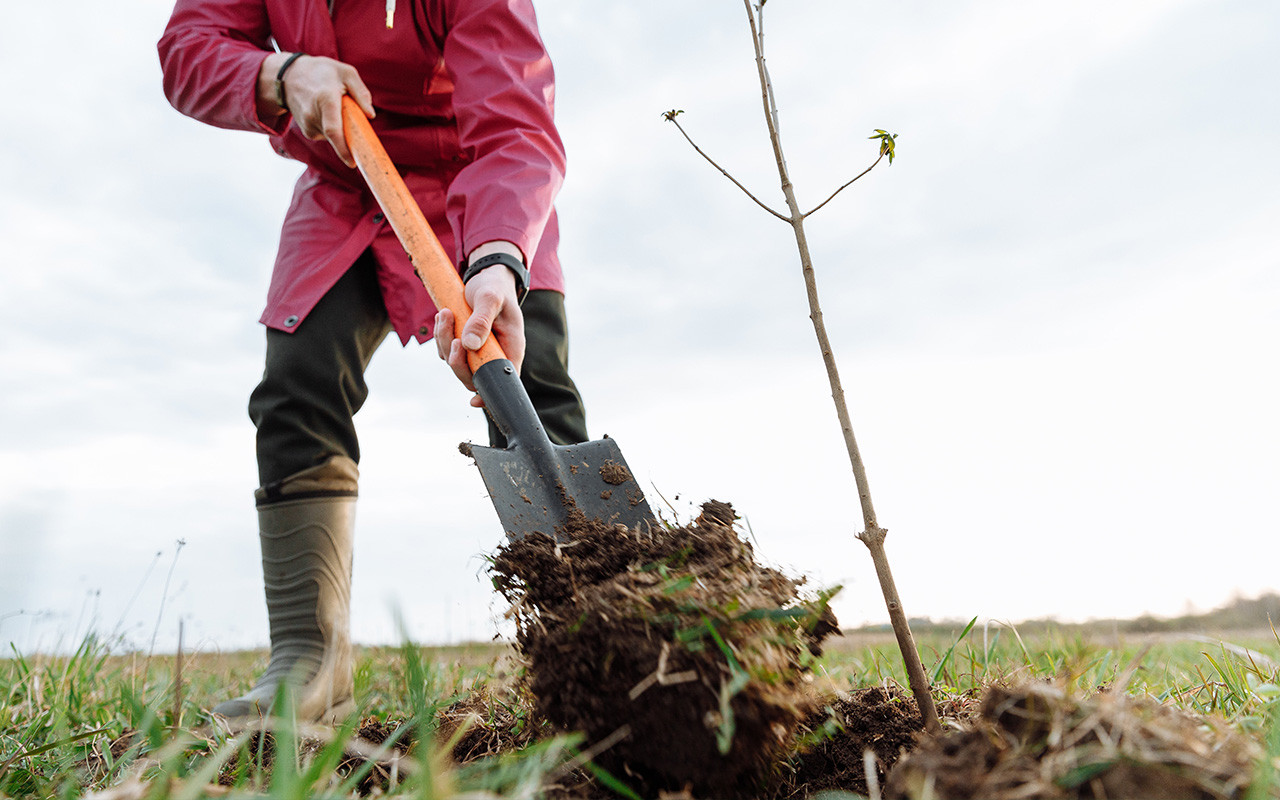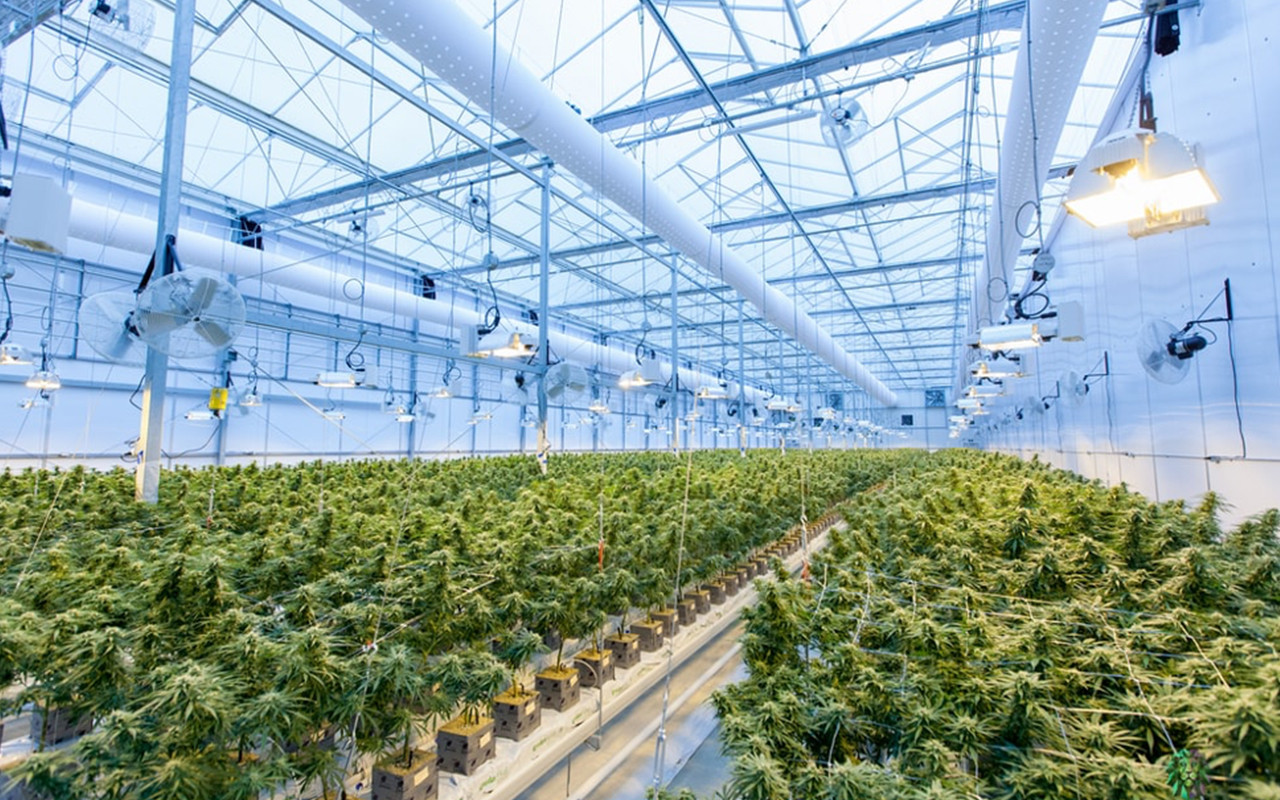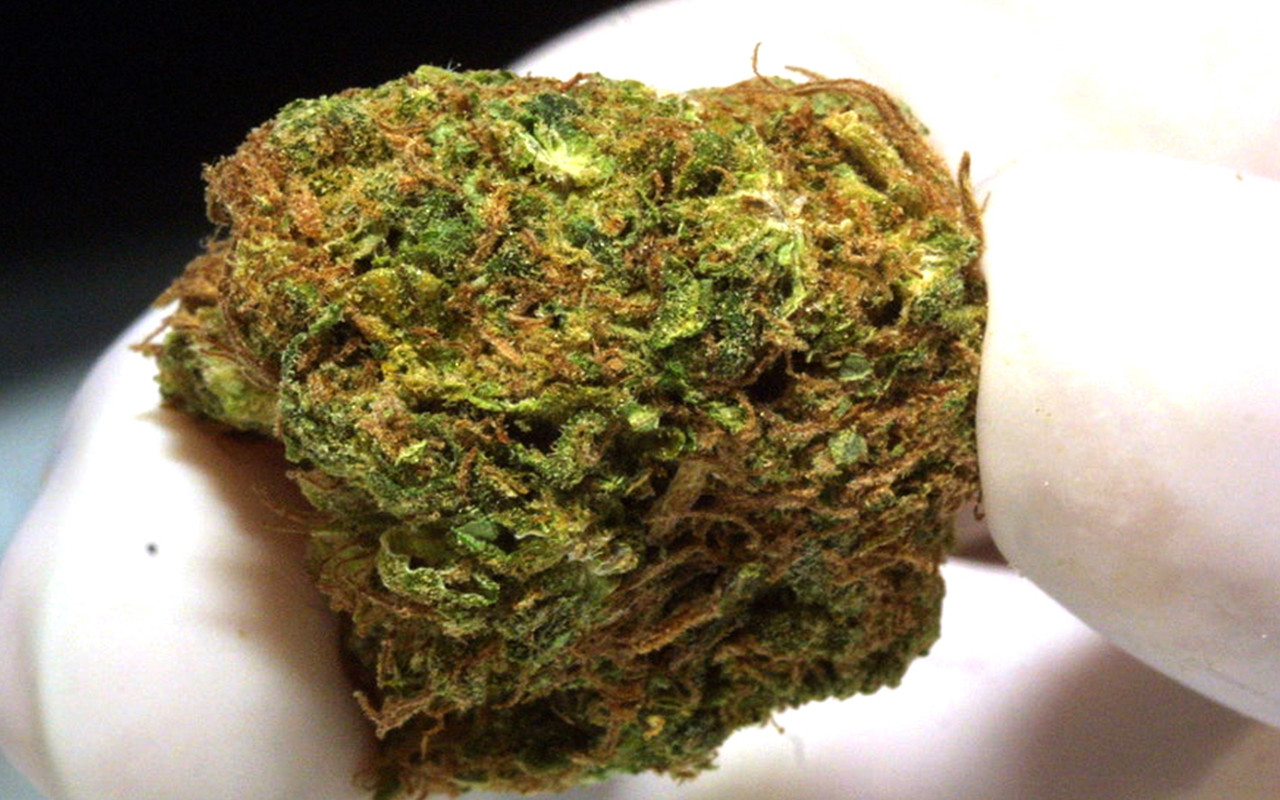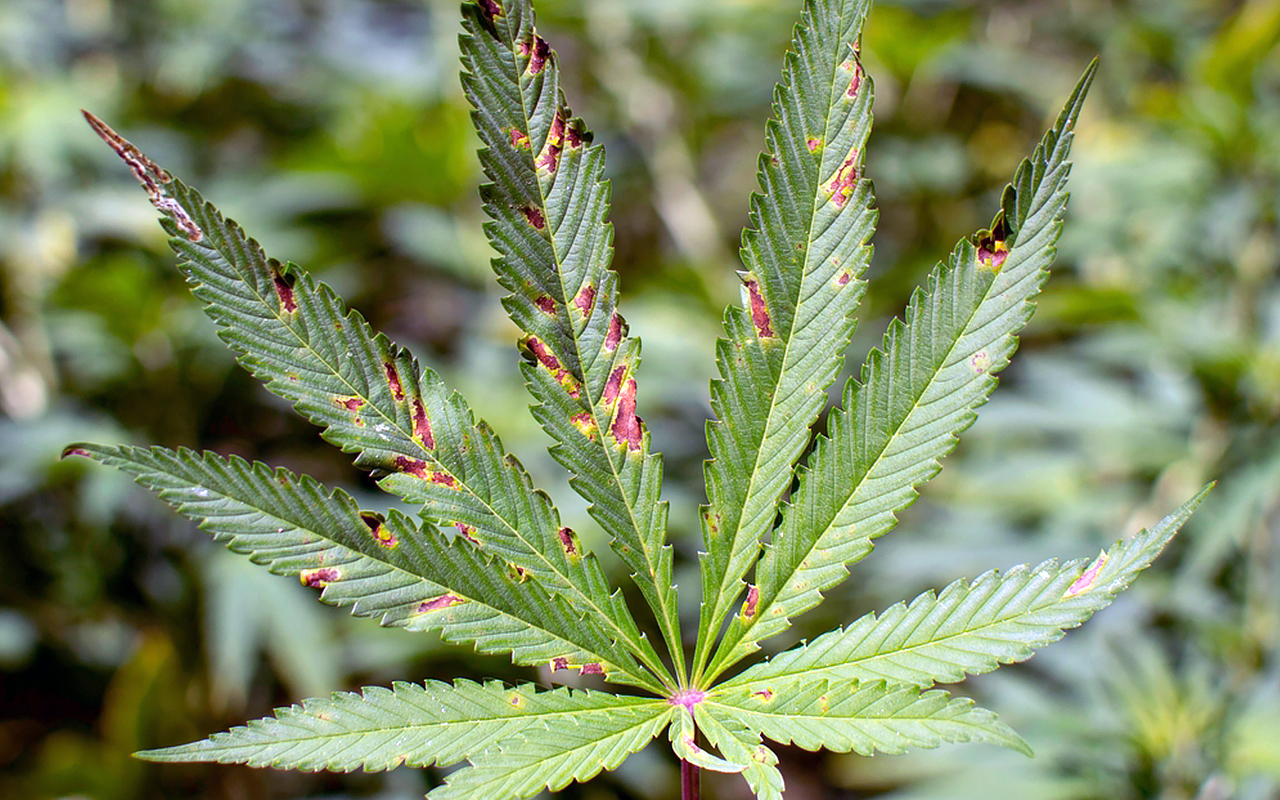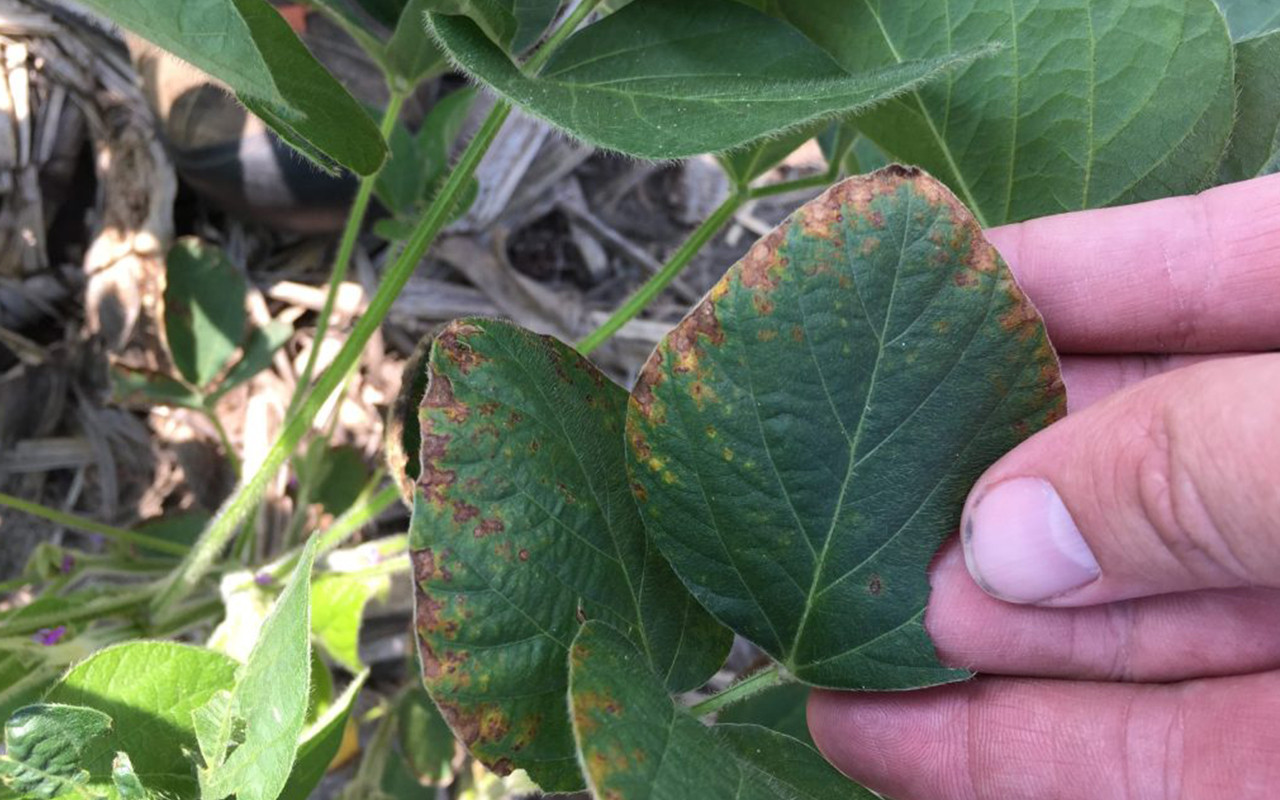
The Essential Micronutrient Your Plants Need: Boron
What is Boron and what does it do for plants
So why is Boron so essential for plants? Boron is important for plants to be productive. It helps cells to maintain turgor pressure, which is necessary for plants to remain upright and functional. A lack of Boron can cause leaves to droop and wilt, as well as inhibit photosynthesis. Additionally, Boron is necessary for the synthesis of certain plant hormones, such as auxin. Auxin is responsible for cell elongation and the regulation of plant growth. So, by ensuring that your plants have an adequate level of Boron, you can help them to be more productive and healthier.
How to Recognize When Your Plant Needs Boron
If you're not sure whether your plants need Boron, there are a few signs to look out for. One of the most obvious is stunted growth. If your plants aren't growing as tall or as large as they should be, it could be a sign that they're lacking Boron. Mottled or curled leaves can also be a sign of Boron deficiency, as can poor seed production.
If you suspect that your plants may be deficient in Boron, you can test your soil to find out. A soil test will determine the level of available Boron in your soil and whether or not you need to add more. There are several ways to do this, but one of the most reliable methods is to send a soil sample to a laboratory for testing. The lab will be able to tell you not only the level of Boron in your soil but also how much is needed for optimal plant growth. You can also do it yourself using a home test kit. Simply follow the instructions that come with the kit to collect a soil sample, and then use the test kit to determine the level of Boron in your soil.
If your soil is low in Boron, how to add it
If your soil is low in Boron, you can add it in the form of a foliar spray or granular fertilizer. Foliar feeding is a great way to provide your plants with essential nutrients in a timely manner. When you foliar feed, you're adding liquid fertilizer directly to the leaves of your plants. This is a quick and easy way to get the nutrients your plants need, and it can be especially helpful if your plants are deficient in a particular nutrient. Foliar feeding also allows you to target specific nutrients to plants that need them the most. And, because the fertilizer is absorbed directly through the leaves, it gets to the roots quickly and helps to correct any deficiencies quickly.
Granular fertilizers are also available, and these are designed to be mixed in with the soil. This is a good option if you're looking for a longer-term solution to a Boron deficiency. This is a good option for new plantings or plants that are growing in containers.
While Boron is an essential nutrient for plants, it can also be harmful in high doses. Excessive Boron can cause leaf scorching, root die-back, and even plant death. So, it's important to make sure that your plants have an adequate level of Boron, but not too much!
The benefits of adding Boron to your plants' diet
Adding Boron to your plants' diet can provide a number of benefits, including:
- Improved growth and productivity - By adding Boron to your plants' diet, you can help them to be more productive and healthier.
- Enhanced flavor and nutrition - Plants that are deficient in Boron often have a poor flavor and lower nutritional content. By adding Boron to your plants' diet, you can improve both flavor and nutritional value.
- More blooms - Plants that are deficient in Boron often have fewer blooms than they should. By adding Boron to your plants' diet, you can help them produce more blooms so they look healthier and more vibrant.
- Some common plants that need extra Boron
Some common plants that need extra Boron include tomatoes, peppers, potatoes, and cabbage. If you're growing any of these plants, it's a good idea to add Boron to their diet to ensure they get the nutrients they need.
These food crops need extra Boron because it helps with the uptake of other nutrients, including nitrogen and phosphorus. Boron is also essential for the development of fruit. A lack of Boron can cause misshapen or smaller fruit, as well as poor seed production.
Potatoes are a crop that is especially affected by a lack of Boron. When potatoes are deficient in Boron, they often have smaller yields and produce fewer tubers. The tubers may also be misshapen or have poor flavor. By adding Boron to your plants' diet, you can help them to produce bigger, healthier yields.
Final thoughts on the importance of this essential nutrient for plants
Boron is an essential nutrient that aids in the growth and development of plants. Keep an eye on the signs of Boron deficiency, make soil tests, and if the level of Boron is low, you should add a foliar spray or granular fertilizer containing this micronutrient to your plant's diet. You may start noticing changes within weeks after adding borax-containing products to your garden: increased fruit set on tomatoes; leaf size increases on trees; greener foliage with more flowers for shrubs like roses and azaleas! If all those benefits don’t convince you to give it a try then remember this: Boron is an essential nutrient your plants need to thrive.







